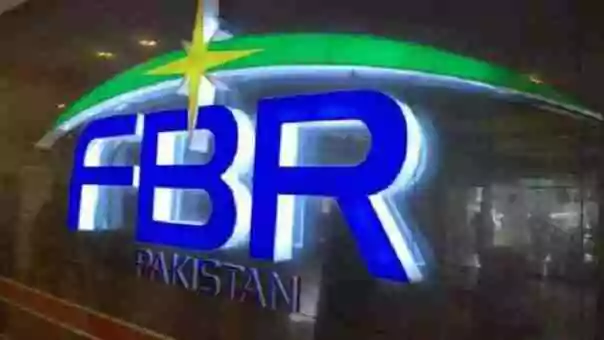Karachi, October 18, 2024 – The Federal Board of Revenue (FBR) has initiated stringent legal action against e-intermediaries involved in widespread sales tax fraud. This decisive move follows the identification of numerous fraud cases linked to the manipulation of sales tax records, particularly through fake and flying invoices, as well as the suppression of sales.
The FBR has signaled its intent to cancel the licenses of implicated e-intermediaries, holding them jointly responsible alongside company executives for their role in facilitating tax evasion.
According to official sources, the FBR has launched prosecution under the law against both e-intermediaries and company officials complicit in these fraudulent activities. The board emphasized that e-intermediaries—appointed under Section 52A of the Sales Tax Act, 1990—are entrusted with filing electronic returns and other critical documents on behalf of registered taxpayers. However, when these intermediaries knowingly or willfully provide false information to evade taxes, they become equally accountable.
Under the Sales Tax Act, 1990, sub-section (5) of Section 52A explicitly states that e-intermediaries are jointly and severally liable alongside the registered person if false or incorrect data is submitted with the intent to avoid tax liabilities. This legal provision empowers the FBR to not only recover unpaid taxes but also initiate broader legal consequences against those involved.
“In cases where the use of fake or flying invoices is established, the FBR officers are instructed to proceed against these e-intermediaries under Section 37A of the Act,” said an official source. “This includes immediate suspension and subsequent cancellation of their licenses, following the prescribed procedure under the sales tax law.”
The crackdown comes amid growing concerns over the rising trend of sales tax fraud in Pakistan, where unscrupulous businesses have exploited loopholes in the system to evade taxes and claim unwarranted refunds. E-intermediaries, who are tasked with ensuring the proper filing of tax returns, have been found to play a pivotal role in these schemes by submitting falsified documents on behalf of registered entities.
The Sales Tax Act, 1990 provides clear legal recourse for such cases. It stipulates that an e-intermediary, knowingly submitting false documents or declarations to evade tax payments, will be held accountable for the recovery of any tax shortfall or excess refunds granted due to the misrepresentation. The law also allows for additional punitive measures, including criminal prosecution, which could result in significant penalties or imprisonment for those involved.
The FBR’s aggressive stance marks a major step towards tightening the regulatory framework and restoring public confidence in the country’s tax system.
